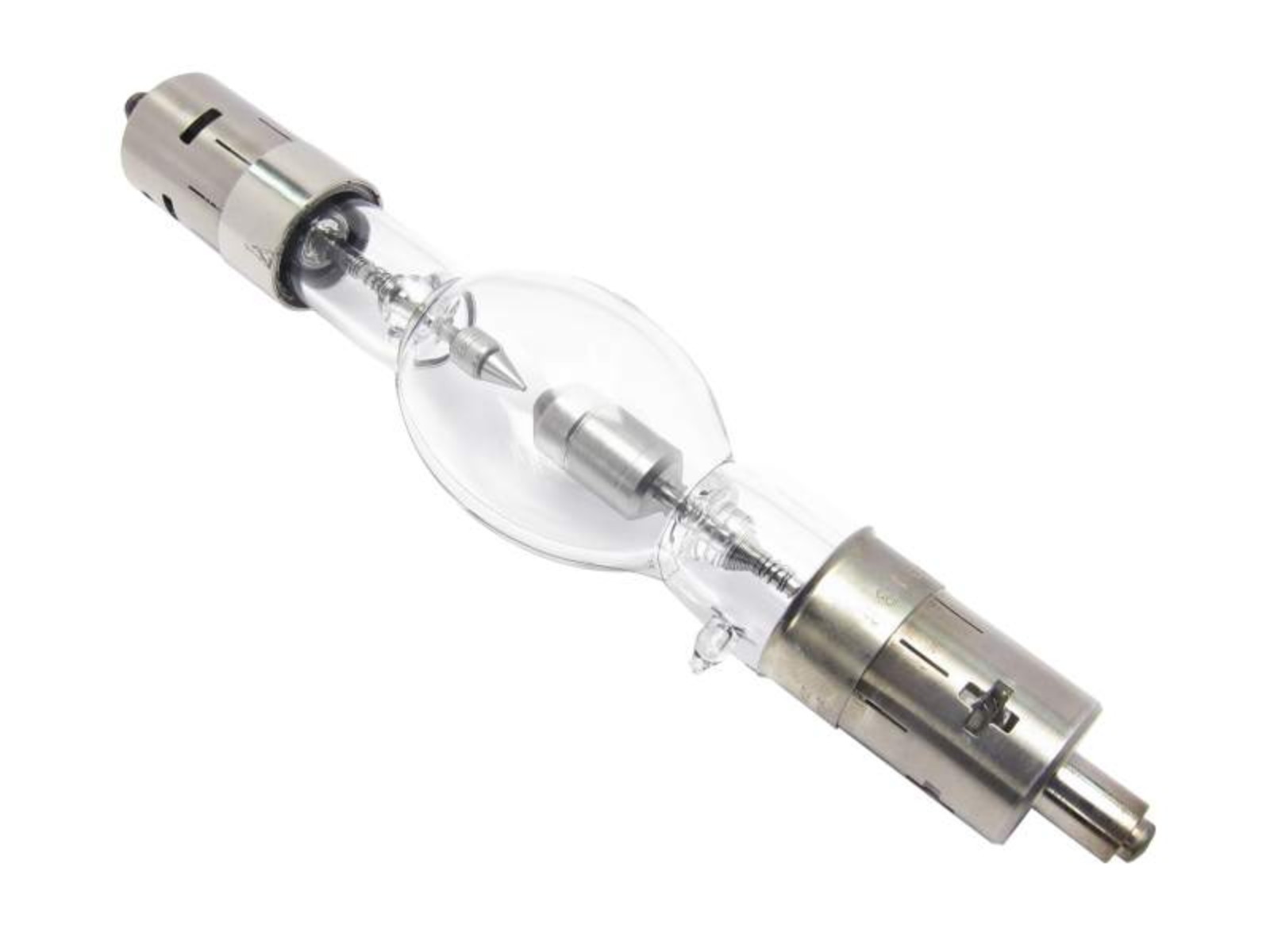Categories
- Xenon Lighting(0)
- 1
Description of Xenon Lighting
Xenon lighting refers to a lighting technology that utilizes xenon bulbs, which are a form of gas-discharge lamps. When an electric current passes through the ionized xenon gas within these bulbs, it generates an intense, clear, and sharp light. While xenon bulbs are frequently used for automotive headlamps, their distinctive properties also make them suitable for residential and commercial lighting applications.

Xenon lighting
What is 'Xenon'?
Xenon is a noble gas that is a chemical element. In its pure form, it is colorless, odorless, highly unreactive, and possesses a greater density than air. Yet, when subjected to an electrical discharge, xenon emits a brilliant, white-blue illumination.
Advantages and disadvantages of Xenon Lighting
Advantages: Xenon lightings are distinguished by their exceptional brightness and expansive light beam. In contrast to LEDs, xenon lamps do not possess a diode as their light source. Instead, they create a light-emitting arc between two electrodes through a process of gas discharge, which illuminates the area in the flashlight.
Disvantages: The drawbacks of xenon lighting include a relatively short service life, with xenon lamps typically lasting around 2,000 hours. A significant disadvantage is the decline in luminous intensity as the lamps age, which becomes particularly evident in lamps that have been in use for a longer period.
Working Principle of Xenon Lighting
Xenon lights operate on the principle of an electrical discharge. Within a xenon headlight, light is generated when an electrical current leaps from one electrode to another, creating an arc that is sustained within a chamber filled with xenon gas. The presence of xenon gas enhances the light output, enabling the headlight to reach the necessary temperature to emit a powerful beam rapidly.






